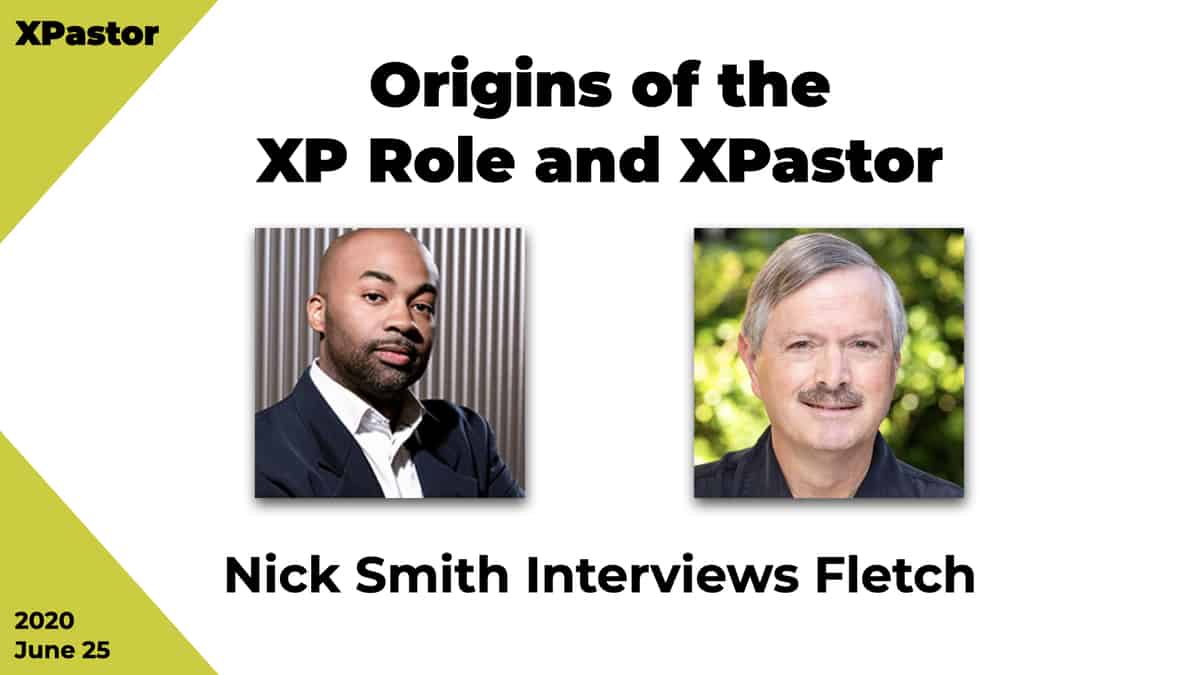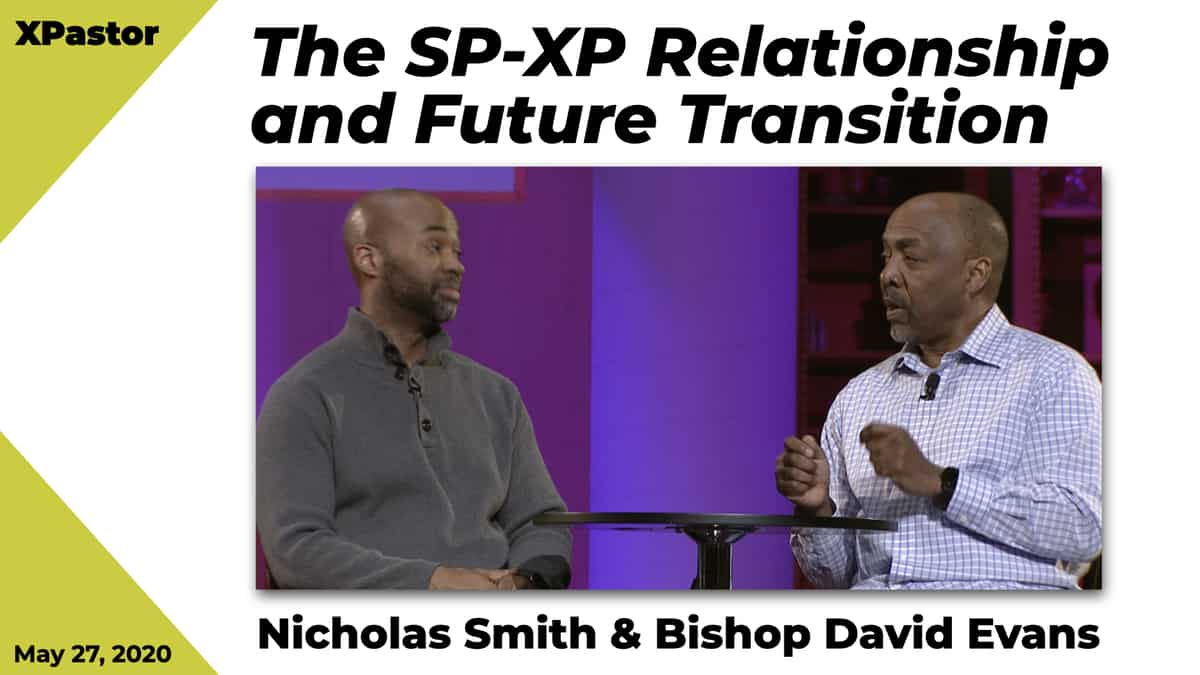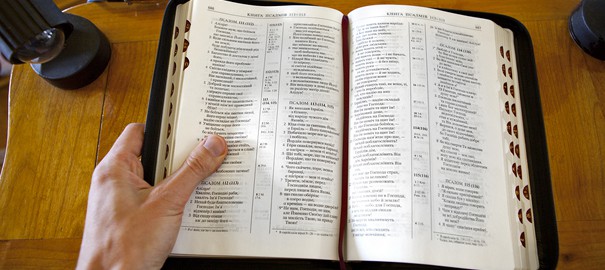I recently sat down with the Lead Pastor of our church, discussing my current role as the Director of Operations. During the discussion, I mentioned that I was hoping to move my position to become more of an Executive Pastor role within the church. My Lead Pastor replied, “The problem with the XP role is that I really don’t know what it is or what it does … and no one I talk to can define it for me either.”
Getting people to agree on the definition of an Executive Pastor isn’t easy. That’s because every Executive Pastor’s job description is different. This, I believe, is the beauty and blessing of the role.
The Executive Pastor’s Role is Defined by the Lead Pastor
As I have fleshed it out over the last several years, I have become accustomed to saying that the Executive Pastor is whatever the Lead Pastor needs it to be. And this, I believe, is why the role varies so much from church to church.
The role of the XP is to come alongside the Lead Pastor, releasing him to focus on the gifts and callings God has for him—while the XP takes care of everything else.
That being said, I think it is helpful to note that “takes care of everything else” doesn’t necessarily mean he will “do” everything else himself. But the XP should be gifted in taking as much of the load off the Lead Pastor as possible.
“So, you’re saying that the XP just does all the stuff the Lead Pastor doesn’t want to do? Uh, that doesn’t sound very enjoyable.”
I understand your point. But the catch is, that is exactly the kind of thing that gets the XP excited. That’s actually what the XP wants to do.
What Does It Look Like?
Imagine a Lead Pastor who is very visionary and always has ten great ideas to impact the church and community. However, every time he gets people together for a meeting, nothing actually gets accomplished. He spends all the time getting people excited. He needs an Executive Pastor that can come alongside him, giving direction and structure to how the vision will actually get accomplished.
Now imagine a Lead Pastor that is a gifted teacher but doesn’t have the first clue about how to hire or fire staff. He doesn’t know what to do about the raising rates of the church utility bills and loathes all the “business” of running the church. He needs an Executive Pastor to help him run the organization.
Or, how about a Lead Pastor that is extremely gifted administratively and organizationally (they do exist … I think). In this case, the Lead Pastor probably has systems and structures in place that have caused the church to grow and thrive—but now he cannot keep up with all the ministry heads and staff. He needs an XP to come in and manage what he has built.
These are just a few examples where you can see the wide range of gifts, skills, and abilities in the role of Executive Pastor.
What ultimately determines the Executive Pastor’s job description is based on the strengths and weaknesses of the Lead Pastor.
The Best Question(s) an XP Can Ask
What is it that you don’t want to do? What wears you down? What part of church life do you wish someone else was responsible for?
Those are probably some of the best questions an Executive Pastor, or a candidate for an Executive Pastor position, can ask.
I think one of the best exercises an XP or potential XP can do is to sit down with the Lead Pastor and have him share what excites him about his ministry and church. Most Lead Pastors can really get on a roll with that question. Odds are he will get really excited and passionate. Stories will abound.
Then, once he stops talking, ask what parts drag him down.
He’ll probably take a deep breath. He’ll speak slowly. He might even physically slump down. He’ll stare somewhere in the distance.
As he talks, Executive Pastor, you just found your job description.
Common Jobs of an Executive Pastor
While the details of what an XP does varies from church to church, there are also a fair amount of commonalities.
In many ways, an Executive Pastor will operate a lot like a Chief Operating Office in a corporation, with the Lead Pastor being the CEO. One sets the course, the other figures out how to get them there.
It is very common for an Executive Pastor to manage a lot of the logistics, administration, finance, systems and structures. Very often, the XP will be responsible for the entire staff of the church. In this role, he will work with them to set and achieve ministry objectives, as led and directed by the Lead Pastor.
Whatever tasks, roles, and responsibilities end up going to the XP, the most common job amongst XPs is to care and serve the Lead Pastor. This is how he serves the church. The XP must genuinely desire the success and fruitfulness of the Lead Pastor. I’d go so far as to say that if that isn’t your heart, the XP role is not for you.
Who Would Make a Good XP?
When it comes to XPs, I think there are three main areas that you need to consider.
First, the XP needs to love Jesus and His church. The XP will work tirelessly, often behind the scenes. If he isn’t motivated by his love for Jesus, then he’d probably be just as happy working management at UPS. Love for Jesus must be first.
Second, the XP needs to love the Lead Pastor. The XP must look up to him and genuinely want to see him succeed. The XP must believe that in helping and serving the Lead Pastor, he is helping and serving the church.
Third, the XP needs to be gifted. Some of the best candidates for the XP role are successful businessmen—people who have launched their own companies, managed teams and employees, or risen and excelled in their chosen fields. Of course not all XPs will come from the business world, but all good XPs would likely thrive there.
Who Needs an Executive Pastor?
It is my opinion that the XP role is the best “first hire” for any church. Sure, people say you first need a worship leader, a kids’ minister, or a small groups pastor. But if you hire a great XP, he will set your church up for even greater success when it’s time to add those positions.
Now, perhaps you don’t have the budget to hire an XP right now. Or, you’re still not sure that one could help you. My suggestion: Find someone in your church that meets the three points I just outlined and take him out for coffee. Explain to the person that you’ve noticed that he has a love for Jesus, a love for the church, and is successful in his vocation. Then, ask him what is one thing he thinks might help improve the life and ministry of the church. Then ask him if he’d be willing to do it as a volunteer.
As you work together, you’ll begin to see and feel the benefit of having an XP. Who knows, you might have just found your next hire.











